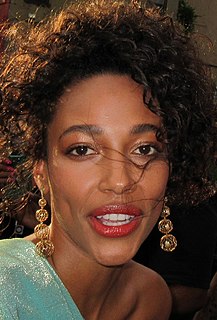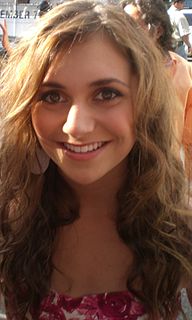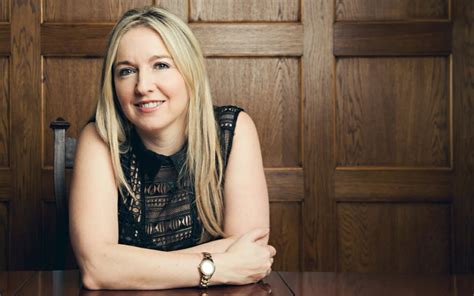A Quote by Kylie Bunbury
I think it's really important that we see women represented properly in TV, and that's a multi-dimensional person: a real human being who's flawed, who's weird, who's awesome.
Related Quotes
I did this movie right after it about the life of Chet Baker. It's called Born to Be Blue. In that situation, there's a real clear character you're drawing on. It's a real person. It's really exciting and interesting to do the research to figure out how to make that a nuanced, three-dimensional human being.
Seeing yourself reflected on screen is a very important part of being human. It makes us feel less alone, it make us feel more connected to humanity. Women, gay men, and trans people for a long time have not seen themselves represented, so being able to show the complexities that we all have - just as complex stories as a heterosexual white male - is crucial for us to feel more human and have other people see us as human beings.


































